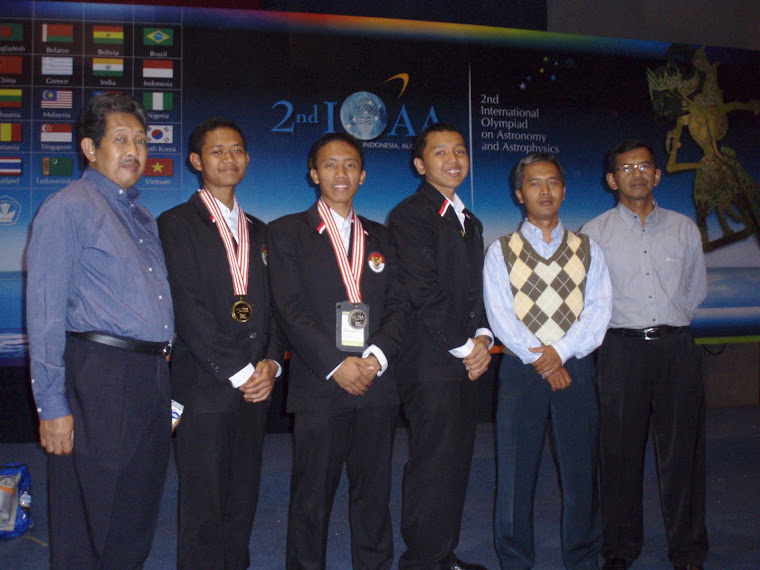GENERAL APPROACH FOR STUDYING PHYSICS
Many people believe the following: more work and more study results in higher grades. This is not necessarily so. You certainly must be willing to make a certain commitment of time and energy to this course, but the key to academic success is concentrating your efforts on the right things at the right times. You may have noticed that those students who receive the highest grades are not necessarily the ones who work the greatest number of hours. Some students may boast that they have studied all night for an exam, but don't be impressed by this habit. "All-nighters" and the like are almost always the result of procrastination and bad study habits. Getting no sleep before an exam is foolish and it usually takes several days to recover from this kind of activity. By taking advantage of the study techniques that follow you can achieve higher grades with less effort. The most efficient way of learning Physics by attending lectures, problem solving sessions, and performing supplementary readings is to:
1. Do a quick reading on the topics to be covered in the lecture before attending class. Ten or fifteen minutes may be sufficient for a one hour lecture. The purpose here is to generally familiarize ourself with the topics to be discussed. Perhaps you can identify one or two questions or key points to listen for during the lecture.
2. Attend class and take notes. Attend all of the classes. Someone is paying for these classes so BE THERE! Be on the alert for any indication by the instructor of possible test questions. If the professor says something like "This is very important, you may be seeing this again," make a special note of this in your notebook.
3. Review your lecture notes. Don't save this step until a few days before the exam. It is far more efficient to review your notes a little bit at a time during the semester than to try and do it all at once. At this point you should also do a more detailed reading of the text to fill in any gaps in your class notes.
4. This may be the most important step. Do the homework problems regularly. In other courses it may be sufficient to read the text and review your notes, but in Physics you must be able to work the problems. You don't learn problem solving skills by just reading examples of solved problems; you must do the problems yourself. By doing the homework problems on a regular basis you will be able to identify areas that you need more work on well in advance of the test. Physics problems can be difficult. Therefore, when you set out to work problems do not set yourself the task of working a certain number of problems, but rather set out a certain amount of time to work on problems.
5. Compile a formal set of notes and prepare a detailed outline. The general strategy here is that a number of short exposures to manageable pieces of the course are more efficient than one long exposure to a large amount of material. As you progress through the course, you first get your information in an initial reading of the material, then again in the lecture, then again in a second reading and yet again in an organizing session where you prepare a detailed outline. The detailed outline is essential to success on the exams. It contains the examination questions. Your main preparation for the exam will be to extract the questions and prepare to answer them. Notice we did not say "study for the exam;" the studying for the exam has been going on all along. That is what you have been doing as you make up your formal notes, outline, etc. What you have done with this systematic approach is to reproduce the notes and outline that the instructor is using. If you are reasonably good at it, you will have as good a source of exam questions as the instructor.

.jpg)








